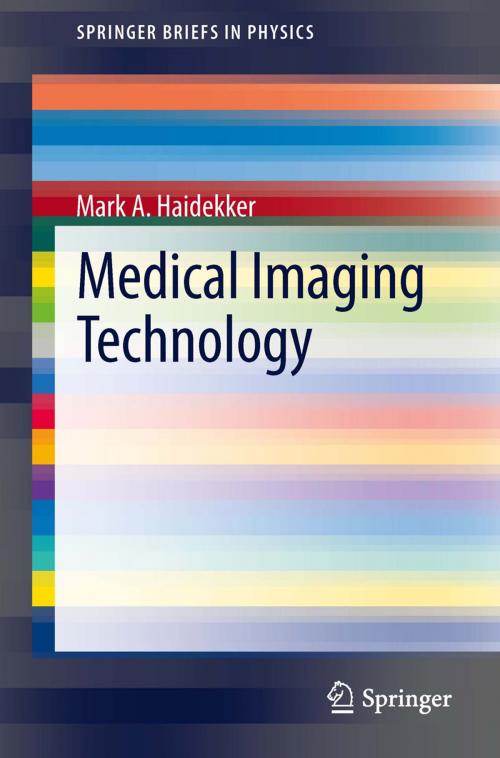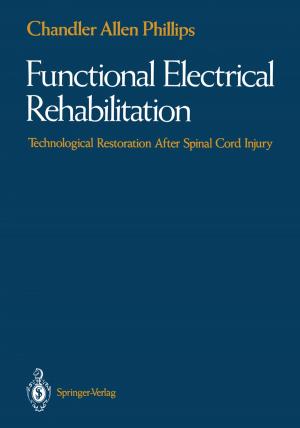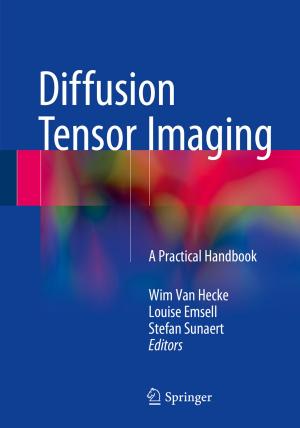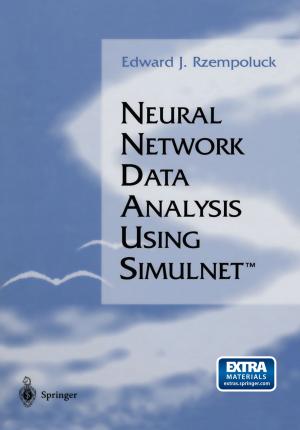Medical Imaging Technology
Nonfiction, Science & Nature, Science, Physics, Radiation, Health & Well Being, Medical, Medical Science, Biochemistry| Author: | Mark A Haidekker | ISBN: | 9781461470731 |
| Publisher: | Springer New York | Publication: | April 17, 2013 |
| Imprint: | Springer | Language: | English |
| Author: | Mark A Haidekker |
| ISBN: | 9781461470731 |
| Publisher: | Springer New York |
| Publication: | April 17, 2013 |
| Imprint: | Springer |
| Language: | English |
Biomedical imaging is a relatively young discipline that started with Conrad Wilhelm Roentgen’s discovery of the x-ray in 1895. X-ray imaging was rapidly adopted in hospitals around the world. However, it was the advent of computerized data and image processing that made revolutionary new imaging modalities possible. Today, cross-sections and three-dimensional reconstructions of the organs inside the human body is possible with unprecedented speed, detail and quality.
This book provides an introduction into the principles of image formation of key medical imaging modalities: X-ray projection imaging, x-ray computed tomography, magnetic resonance imaging, ultrasound imaging, and radionuclide imaging. Recent developments in optical imaging are also covered. For each imaging modality, the introduction into the physical principles and sources of contrast is provided, followed by the methods of image formation, engineering aspects of the imaging devices, and a discussion of strengths and limitations of the modality.
With this book, the reader gains a broad foundation of understanding and knowledge how today’s medical imaging devices operate. In addition, the chapters in this book can serve as an entry point for the in-depth study of individual modalities by providing the essential basics of each modality in a comprehensive and easy-to-understand manner. As such, this book is equally attractive as a textbook for undergraduate or graduate biomedical imaging classes and as a reference and self-study guide for more specialized in-depth studies.
Biomedical imaging is a relatively young discipline that started with Conrad Wilhelm Roentgen’s discovery of the x-ray in 1895. X-ray imaging was rapidly adopted in hospitals around the world. However, it was the advent of computerized data and image processing that made revolutionary new imaging modalities possible. Today, cross-sections and three-dimensional reconstructions of the organs inside the human body is possible with unprecedented speed, detail and quality.
This book provides an introduction into the principles of image formation of key medical imaging modalities: X-ray projection imaging, x-ray computed tomography, magnetic resonance imaging, ultrasound imaging, and radionuclide imaging. Recent developments in optical imaging are also covered. For each imaging modality, the introduction into the physical principles and sources of contrast is provided, followed by the methods of image formation, engineering aspects of the imaging devices, and a discussion of strengths and limitations of the modality.
With this book, the reader gains a broad foundation of understanding and knowledge how today’s medical imaging devices operate. In addition, the chapters in this book can serve as an entry point for the in-depth study of individual modalities by providing the essential basics of each modality in a comprehensive and easy-to-understand manner. As such, this book is equally attractive as a textbook for undergraduate or graduate biomedical imaging classes and as a reference and self-study guide for more specialized in-depth studies.















